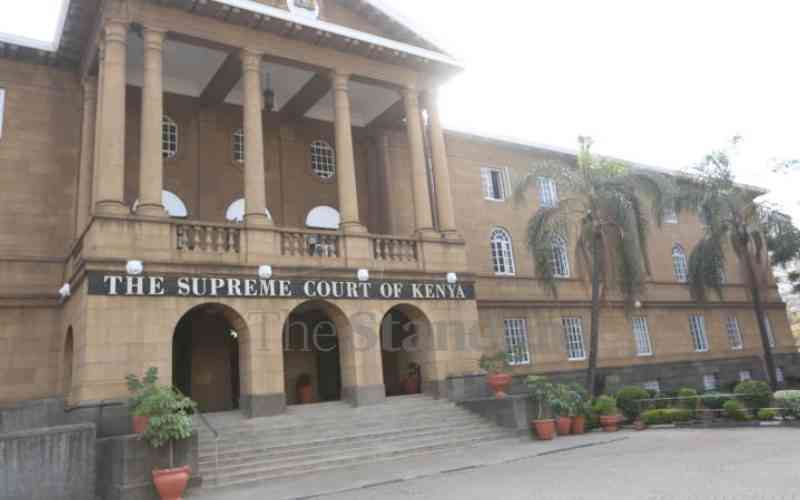×
The Standard e-Paper
Home To Bold Columnists

Lawyers and litigants can now freely discuss an active presidential petition at the Supreme Court after the High Court in Nairobi quashed rules by the apex court in May.
This means that should Azimio la Umoja One Kenya Coalition party challenge election results at the Supreme Court, parties to the suit will be free to discuss and even speculate on the outcome of the case.